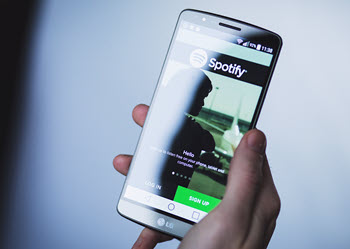
The political website Axios, not known, at least to me, as a source of breaking business news, reports that the music streaming service Spotify has filed papers with the SEC on a confidential basis to go public via direct listing.
The Axios piece refers to the SEC filing as “IPO” papers, which isn’t really the right terminology for a direct listing. This sounds like an irritatingly pedantic corporate lawyer point from me, but it gets at a point that seems to be confusing people trying to understand exactly what Spotify is doing. When a company engages in an IPO as traditionally understood, it is creating brand-new stock to sell the public via an underwriter, sometimes along with a limited amount of shares from existing holders. So at the moment of the IPO, a large and defined number of shares are trading hands at a fixed price. Also at the same time, the company is becoming public – to use the proper securities law terminology, its common stock is being registered under the Securities Exchange Act of 1934 – meaning that holders of shares that aren’t restricted in some way can freely sell them in the future at prevailing market prices or hold onto them, at their option.
Spotify is skipping the first step of selling new shares, presumably because it doesn’t need to raise capital and doesn’t want to pay the associated underwriting commissions and related costs. It is simply deciding, on a voluntary basis, to become a public company, enabling its existing holders to sell their shares, and for the public to buy them, as and when desired. There is no pre-defined number of shares being sold on the going public date – it’s more of a “poof, now we’re public” scenario.
As part of the traditional IPO process, the underwriter will typically require that company insiders agree to a so-called lockup of their shares, often for six months following the IPO. In other words, after the big sale of shares that is the IPO itself, there will be no shares being sold on the market by these insiders, which will avoid selling pressure that could drive down the stock price immediately after the IPO, an event that typically marks the IPO as a failure. However, with the Spotify direct listing, there is in theory no lockup, meaning that once the trigger is pulled on going public, the market could be inundated with sale orders from existing holders that could drive the price down. But we don’t know the exact terms of the direct listing since the papers were filed confidentially with the SEC. It could be that the deal is being structured to move forward only if holders (at least the large ones) agree to a voluntary lockup of some or all of their shares. We will find out if and when Spotify moves forward.